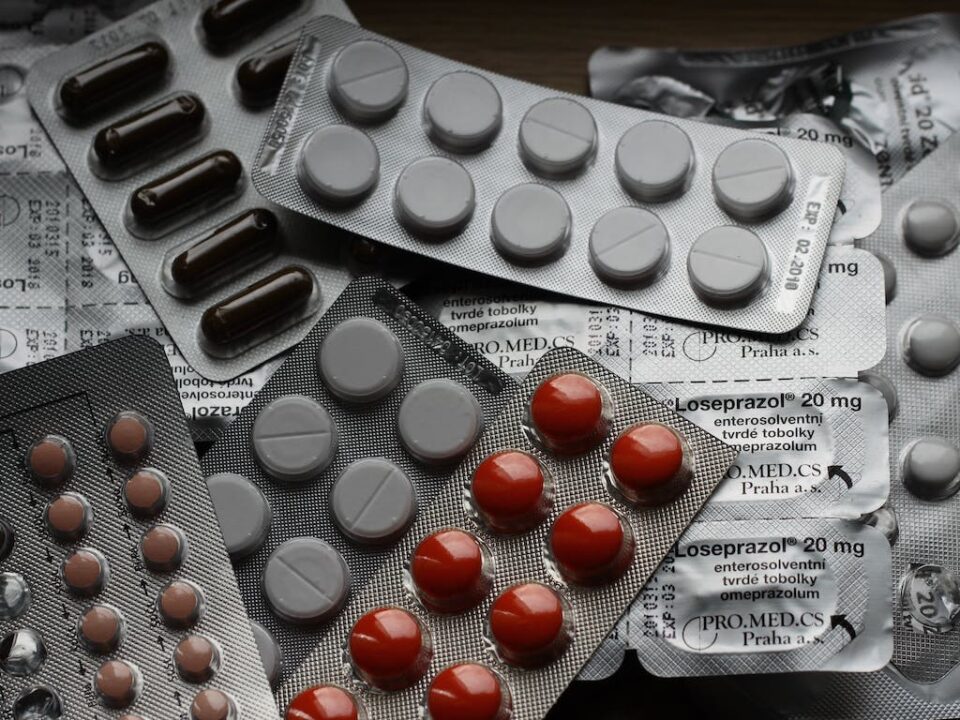Tardive dyskinesia (TD) is a neurological disorder characterized by involuntary movements, often in the face, lips, tongue, and other areas. It’s a side effect of long-term use of certain medications, particularly antipsychotic medications used to treat conditions like schizophrenia, bipolar disorder, and even some gastrointestinal disorders.
Managing TD involves a combination of medication adjustments, behavioral therapies, and lifestyle changes, including dietary modifications. While there are no specific foods that directly cause or cure TD, some dietary choices may affect the condition. Here’s a guide on what foods and medications to avoid for people with TD
Medications to Avoid
Antipsychotic Medications: Certain antipsychotic medications are more likely to cause TD than others. First-generation antipsychotics like haloperidol, chlorpromazine, and fluphenazine have a higher risk compared to second-generation antipsychotics like clozapine, quetiapine, and olanzapine. If possible, switching to a lower-risk medication may help manage TD.
Metoclopramide: This medication is commonly used to treat gastrointestinal issues like gastroparesis and acid reflux. However, it can also cause or worsen TD, so it’s best avoided in individuals with TD.
Other Medications: Some medications used to treat mood disorders, such as certain antidepressants and mood stabilizers, can also increase the risk of TD. It’s important to discuss all medications with your healthcare provider to assess the risk and make necessary adjustments.
Foods to Avoid or Limit
Caffeine: High intake of caffeine found in coffee, tea, energy drinks, and some sodas may worsen TD symptoms in some individuals. It’s advisable to limit caffeine intake or switch to decaffeinated options.
Alcohol: Alcohol can interact with medications and may exacerbate TD symptoms. It’s best to avoid or limit alcohol consumption.
Sugar and Artificial Sweeteners: Some studies suggest that a diet high in sugar or artificial sweeteners may worsen TD symptoms. Opt for natural sweeteners like honey or maple syrup in moderation.
Processed Foods: Foods high in artificial additives, preservatives, and unhealthy fats may contribute to inflammation, which can worsen TD symptoms. Try to choose whole, unprocessed foods whenever possible.
High-Fat Foods: Some individuals may find that high-fat foods, especially those high in saturated fats, worsen their TD symptoms. Opt for healthier fats found in nuts, seeds, avocados, and fatty fish like salmon.
Dietary Considerations
Balanced Diet: Maintaining a balanced diet rich in fruits, vegetables, whole grains, lean proteins, and healthy fats can support overall health and may help manage TD symptoms.
Hydration: Staying hydrated is important for overall health and can help manage some side effects of medications. Aim to drink plenty of water throughout the day.
Consult with a Healthcare Provider: It’s important to work closely with a healthcare provider, such as a psychiatrist or neurologist, to manage TD. They can provide guidance on medication adjustments and dietary changes tailored to your specific needs.
While diet alone cannot cure TD, making healthy dietary choices and avoiding certain foods and medications can be part of a comprehensive approach to managing the condition. Always consult with a healthcare provider before making any significant changes to your diet or medication regimen.

